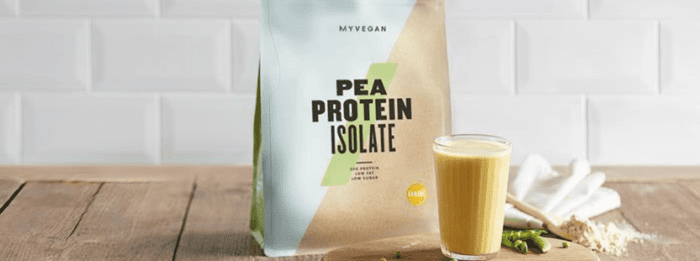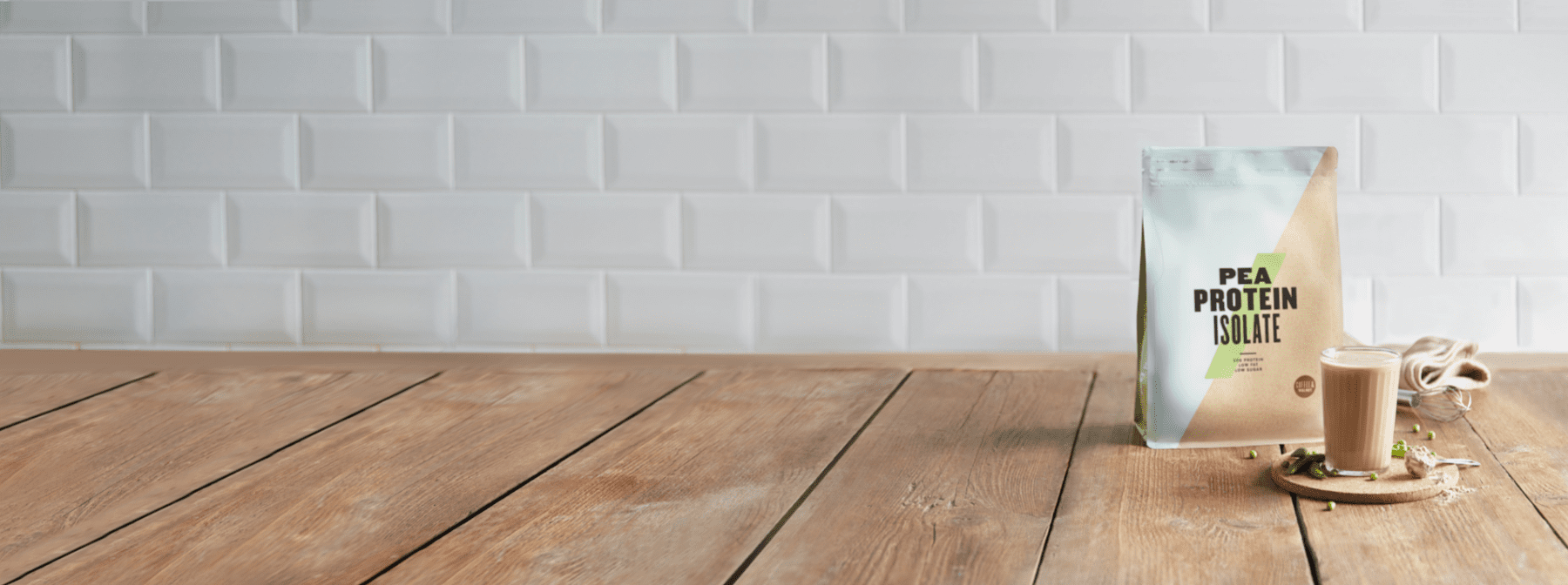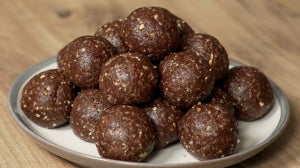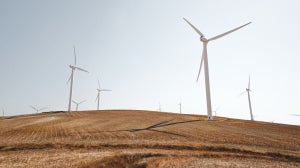
What is pea protein?
Pea protein is usually made from split peas (yellow peas) and one of the highest quality plant proteins available. Pea protein is considered high quality due to the fact it contains all of the essential amino acids. Furthermore, it has a well-balanced nutritional profile, being low in fat and high in fibre. Pea protein isolate means that the protein content is higher compared to the average protein blend and often lower in calories as well.
Benefits of pea protein
1. Muscle repair
Protein helps with muscle repair: whilst this is not specific to pea protein isolate, it is important to understand the main reason for supplementing with protein powders. When we exercise, whether cardiovascular or strength training is preferred, the muscles become damaged. Supplementation with protein can help repair this muscle damage, as it helps to promote protein synthesis – this is integral for new muscle growth.

2. Amino acids
Pea protein contains all the essential amino acids – amino acids cannot be synthesised by the body and can only be obtained through dietary sources. Plant-based sources of protein have long been thought to be incomplete proteins however, research now suggests that pea protein is a complete protein. This means it contains all the essential amino acids, so a blend of different protein sources is not necessarily required.
3. High bioavailability
Pea protein has a high bioavailability – the higher the bioavailability, the higher the percentage of protein that can be absorbed and utilised in the body. Pea protein has a pretty similar bioavailability to both casein and soy protein powders. This suggests efficacy of pea protein as a supplement is likely to be high and may be helpful in helping you meet your protein needs.
4. Keeps you fuller for longer
Pea protein may help increase satiety – protein has been frequently studied for its hunger busting properties. Evidence suggests that the high protein content found in in pea protein can help to reduce hunger and help you feel satisfied for longer. Whilst this is useful for post-workout muscle repair, increased satiety associated with pea protein supplementation may help with weight loss.
5. May lower blood pressure
Pea protein may help to reduce blood pressure – peas in their food form as well as protein powder form may have a positive impact on blood pressure by aiding vasodilation. Vasodilation reduces resistance in blood vessels, meaning the heart doesn’t have to work as hard to pump blood around the body. Lower resistance often means a lower blood pressure and improved cardiovascular health.
How Much Pea Protein Should I Use?
Dosage
It is recommended that the average person requires 0.8-1.2kg protein per kg of body weight. However, protein needs increase in those that participate in strength or endurance sports, with a range of 1.2-2g of protein per kg of body weight. Furthermore, it is recommended to have an extra 15-25g protein within 24 hours of a to maximise muscle repair.
How To Use
Myvegan Impact Pea Protein contains 23g of protein per 30g scoop. One serving of this in a shake or smoothie (or however else you like it) will help you to meet additional protein needs if you are trying to increase your protein intake.
Pea Protein Side Effects
Due to the higher fibre content of pea protein, it can sometimes cause some GI upset. If this happens to you, try reducing the portion size or frequency of use. Alternatively, you could try a pre-made protein blend, or mix with another protein such as Impact Soy Isolate.
Talk To A Nutritionist
If you have any concerns regarding your health, please make an appointment with a GP or registered healthcare professional. This article is not to be used as a substitute for medical advice.
Take Home Message
Pea protein has a whole host of benefits and is incredibly versatile in its protein powder form. If you still aren’t convinced, Myvegan protein blend contains pea protein isolate along with fava bean protein and is available in 12 delicious flavours.

FAQs
What is pea protein made from?
Pea protein powder is made from yellow peas/split peas. The ‘isolate’ component refers to fact the protein is concentrated, so has a higher proportion of protein compared to regular pea protein.
Is pea protein good for you?
Pea protein has a whole host of benefits; most importantly it has a percentage of protein that can be absorbed and used throughout the body for muscle repair and cell growth. This is important for everyone, not only those who work out regularly.
Is pea protein a complete protein?
Unlike some other plant-based proteins, pea protein is a ‘complete’ protein. This means it contains all of the essential amino acids required, so does not need to be mixed with other protein types.
Does pea protein have any side effects?
Those with sensitive digestive systems may find that pea protein can cause some issues such as bloating or flatulence. However, it is generally considered an easy to digest protein and suitable for those with allergies to soy.
How long does it take to digest pea protein?
Most high protein foods take around 3-3.5 hours to digest. Pea protein can also help you feel fuller for longer, as the high protein content is linked to increased satiety.
Want to try Myvegan's Pea Protein? Click the link below:









